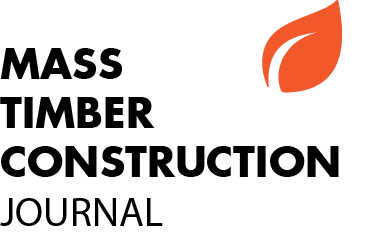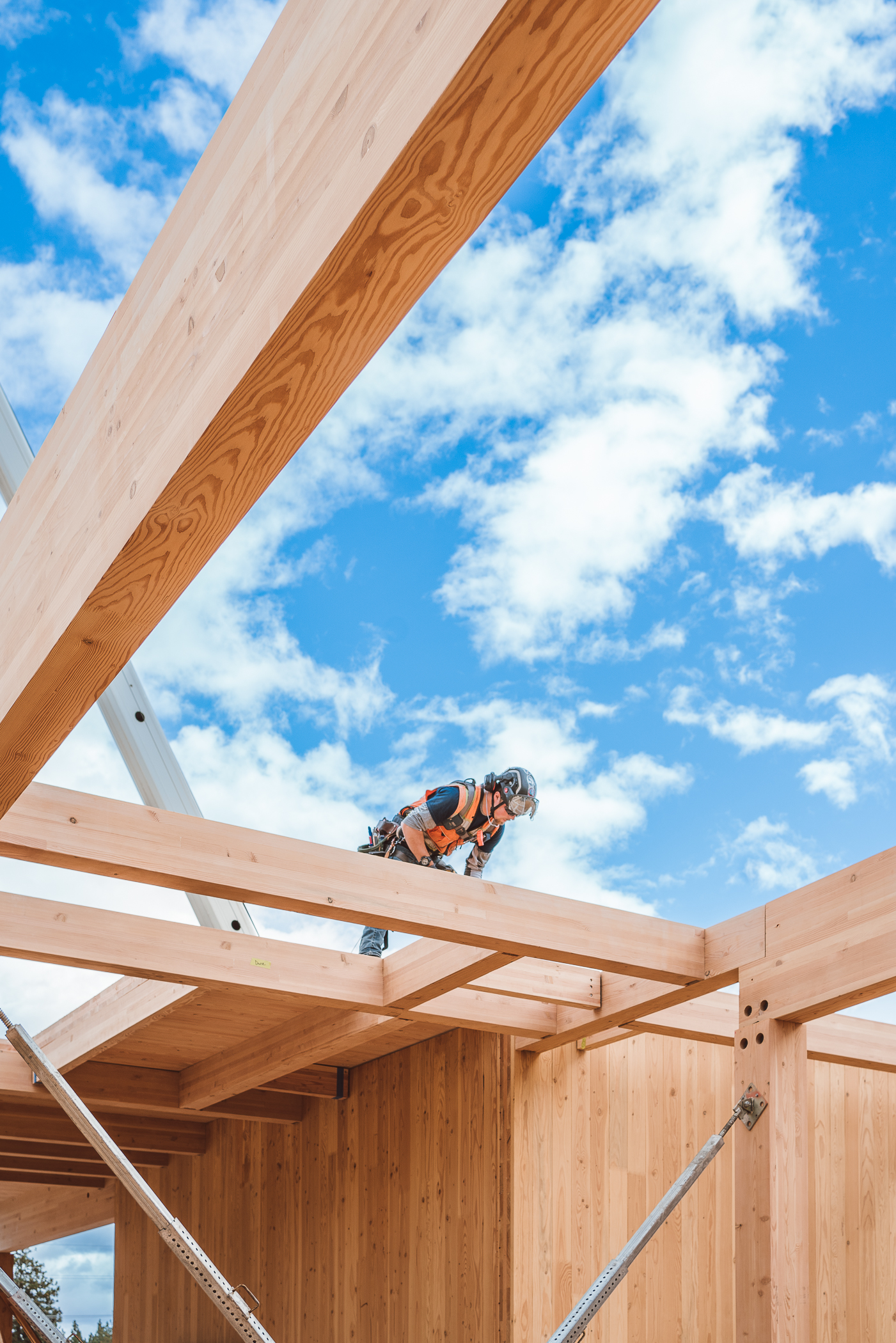What we publish
Aims and Scope.
The journal promotes academic, industry and practitioner-driven quality research informing practitioners and educators about contemporary construction, engineering, materials and timber technology practice. Contributions related to industry and research collaborations will be particularly welcome. These articles may highlight the development of MTC technologies and how innovations in engineered timber are advancing globally. The journal is also an avenue for current Masters and PhD students to showcase their research projects, including a review of their experiences. Contributions will include submissions focused on practice, research, case studies, trends, theory, reviews and experimental research etc. Several issues will have a dedicated theme.
Topics of interest
- Contemporary practices in construction, engineering, materials, and timber technology.
- Innovations in MTC technologies and how they are advancing globally.
- Industry and research collaborations related to MTC.
- Case studies highlighting successful projects using MTC.
- Trends in MTC and how they are shaping the industry.
- Theoretical advancements in MTC research.
- Reviews of current practices and research in MTC.
- Experimental research related to MTC.
- Contributions related to Masters and PhD research projects, including a review of experiences.
Additionally, the journal will have dedicated themes for several issues, suggesting that articles related to specific topics may also be of interest. It is likely that these themes will be related to the broader field of construction, engineering, materials, and timber technology, as well as emerging trends and issues within those fields.
Types of articles
Articles accepted for MTCJ fall into the following categories:
1. Original research in massive timber technology or technology considered to be ‘prebuild’ or ‘preconstruction’ or any related topic.
2. Original research in engineering, manufacturing, construction, materials science, business and economics that addresses implications for massive timber construction practice, training, policy, or professional matters.
3. Case studies, where ethical methods of data collection have been applied.
4. Critical discussions, reviews, and debates regarding the relevance to practice of existing research studies.
5. Papers that address conceptual issues related to practice in mass timber construction directly, or those that are related to the use of mass timber in allied fields (i.e. philosophical, theoretical, political, sociological, historical, structural, critical).
6. Book reviews.
In many cases authors might like to consider sending an abstract to the editor for a quick review to ensure the submission will be considered for publication. Please use the contact form to contact the editor.

